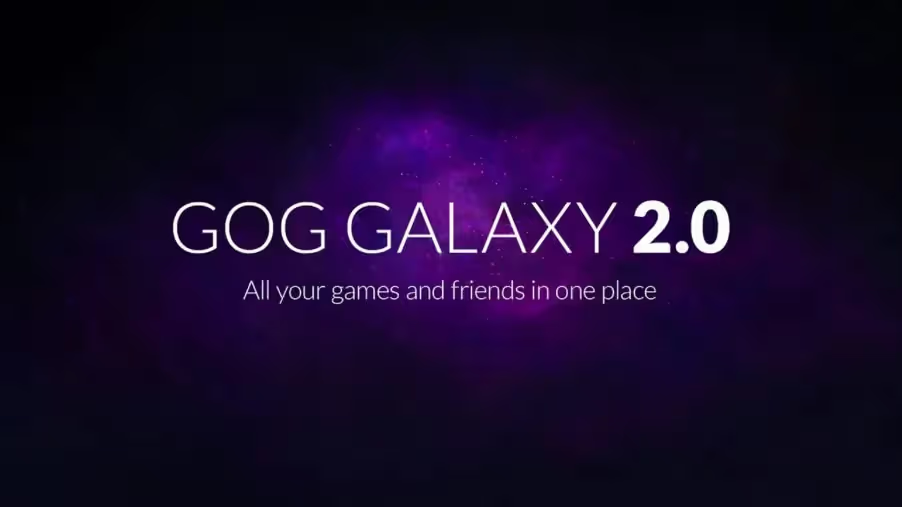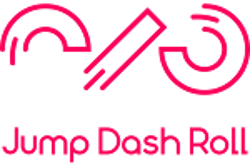A regular look at gaming-related stories from the past week or so whereby conclusions are drawn from anything and everything. These may be incredibly well reasoned based on events from the week. Alternatively, they may be highly speculative, drawn from very little evidence. More likely, they will be somewhere in between.
Conclusion One: Amazon thinks Black Mirror is a documentary
In the Black Mirror episode “Fifteen Million Merits”, a society is locked into an endless cycle of work, where they generate power via exercise bikes in exchange for a currency called “merits” while surrounded by video screens providing what passes for entertainment. Amazon appears to have taken that corporate model to heart, as it was revealed this week in The Washington Post that the billion dollar company is trying to gamify its warehouses to improve employee productivity.
The move is aimed at fostering competition between employees who use robotic stock pickers to fulfil customer orders, pulling out shelves with the machines and grabbing the items. Amazon have layered games on top of this process, throwing in achievements for employees who can perform this faster, and rewarding them with things like virtual badges or Swag Bucks, a currency which can be used to purchase Amazon-branded apparel.
The games, with names like Dragon Duel and MissionRacer are reportedly on a par with NES-era titles. In a more sinister move though, they also keep track of performance — effectively highlighting which employees are performing less effectively than others and relaying that information to management. You might be driving a car around a virtual track as you’re loading up boxes of real-life LEGO for a customer’s Christmas list, but if you’re not doing it as quickly as your colleagues, will your job be at risk?
Amazon hasn’t stated either way, but the company doesn’t have a great track record when it comes to workers’ rights. It’s another step on the road to a fully automated company much like in Autofac, another slice of near-future dystopia — this time from Philip K. Dick, adapted into the 2017/18 series Electric Dreams — with unsettling parallels to the real world. That series was, in turn, developed by Amazon, creating a reality so meta that this article could well be coming to you from inside the head of Jeff Bezos himself.
Still, if you want to pull mind-numbing shifts in Amazon’s human farm in return for a funky sticker, have at it. We’ll all be working for them very soon anyway, probably.
Conclusion Two: Ouya? Try Ou-nah
Remember the Ouya? It might be a struggle to picture it, but if you cast your mind all the way back to 2013 you may recall the massive fanfare over the $8.5 million Kickstarter campaign for a perky little console which was intended to bring Android gaming into your living room. A bit like a tablet does. But, you know, bigger.
When all the excitement died down, we were left with a box which really didn’t fit comfortably into the gaming scene, and when Razer acquired the Ouya software in 2015 it discontinued the hardware entirely. Now, four years on, Razer has decided to shut down the Ouya service completely.

Alongside the Ouya’s demise is something a little more troubling, though: access to games purchased for it. According to Razer you will be able to play your purchased titles until June 25th, 2019 and then they will only be playable if they don’t need to be validated upon launch (if they do, it will fail as the service will not longer exist). It essentially turns the Ouya into a brick or, as one writer here at JDR Towers eloquently put it, a “hipster door stop”.
And this indicates the beginning of what could be a troubling trend with the move to a digital-only age of gaming. You may enjoy a clutter-free living room as you purchase your cloud titles, but if the service they utilise ever falls over or — as it has here — gets discontinued, what happens to the hundreds of pounds/dollars you’ve spent on them? Ownership becomes murky when you don’t have a physical disc and a box to boot it up offline, and we strongly suspect that this will become a far more concerning problem in the future...
Conclusion Three: Fear not though, more gaming gimmicks are on the way
If you’re mourning the demise of the Ouya, don’t worry. As one hand takes away, another bestows more plastic tat upon the gaming populace; twas ever thus. This week’s entry in the “are they really expecting that to sell?” Hall of Fame is the Playdate, a new handheld from Panic. The developer is known mostly for its Mac and iOS software, but more recently moved into the gaming arena with the publication of Campo Santo’s excellent Firewatch and the soon to be released Untitled Goose Game. So what is the Playdate? Well, it’s a small yellow handheld with a D-pad, two buttons… and a crank. Yep. An actual crank.

It’s a tiny 74 x 76 x 9mm piece of kit with a 2.7” display and a black-and-white screen. The team are planning to release games alongside the Playdate, including Crankin’s Time Travel Adventure, and there will be twelve in total to begin with which will automatically unlock at a rate of one a week. That’s all well and good, until you consider the cost — an eye-watering $149 (around £118 in the UK). According to Panic: “It’s not super cheap, but not super expensive. It includes brand new games from some amazing creators. Plus it has a crank.”
There is no other information about the Playdate other than an early 2020 release date, but we have to admit to being a little sceptical about; it appears to be an incredibly niche piece of hardware, and it will be competing in the same space as the Switch (which will likely be coming out with cheaper variants within the next year or so). If the Ouya — which had the breadth of the Android platform to play with — failed so miserably, what chance does a tiny yellow box with a dozen games have, crank or otherwise?
Conclusion Four: PlayStation Productions is Sony’s Marvel
Well, it will be, won’t it? Why the heck would Sony bother to create a film and TV studio called PlayStation Productions when it already has a film and TV company (Sony Pictures Motion Picture Group, formally Columbia Tristar) unless it wanted to capitalise on its rich body of characters, stories and delightful games? Especially now it’s experienced the Marvel Cinematic Universe with the Spider-Man films and how to do something off the back of it — successfully — with Venom?
So what does it mean to be Sony’s Marvel? In this instance, one self-contained machine aimed at developing brilliant individual stories, connected where possible. Nathan Drake can live in the same place as Heavy Rain, InFAMOUS and Detroit; God of War is perhaps a harder fit, as would be Horizon, KillZone or The Last of Us. But each of those games, or series, lends itself to a potentially brilliant film experience, mirroring the game’s narrative or sitting alongside it.
To be honest, film adaptations of games are pretty bad. Film adaptations of Marvel characters were utterly dreadful before Iron Man came along, as Marvel had been absorbed by the behemoth that is Disney. So why can’t Sony — through PlayStation Productions — create brilliant movies of games given the right talent, resource and focus? Perhaps it can. Meantime, it gives us the excuse to roll out what an Uncharted film could look like — and this was produced on a shoestring budget.
Conclusion Five: There’s a new Projekt for managing your games on its way
CD Projekt, of Witcher and more recently Cyberpunk fame, has a slightly surprising sideline in video game distribution. The company owns and operates GOG.com – Good Old Games – a platform focused on providing access to DRM free games.
If you’re a lover of retro games, GOG.com is an absolute goldmine of nostalgic obscura. However, more recently the platform has extended into releasing newer Indie games, and generally becoming the easy-going cousin of stricter platforms such as Steam, UPlay, and Origin. Back in 2014, the platform was called GOG GALAXY, the company’s take on a more wholly integrated gaming platform. Adding functionality for multiplayer and cloud saves, it was mostly admired for its focus on true DRM-free experiences, and generally respecting gamers as adults.

Enter GOG GALAXY 2.0 (faster, stronger, more numbery). The GOG GALAXY page has a beta signup link for the new platform, which boasts a slicker, faster, and more connected experience. Of most interest is the boast of combining multiple libraries across platforms, so you can use a single account to manage your games library, and chat to friends on any platform. There’s also intriguing info about players being able to set up their own open source platform integrations, so it will be interesting to see what develops as the platform moves out of beta.
You can subscribe to Jump Chat Roll on your favourite podcast players including:
Let us know in the comments if you enjoyed this podcast, and if there are any topics you'd like to hear us tackle in future episodes!


